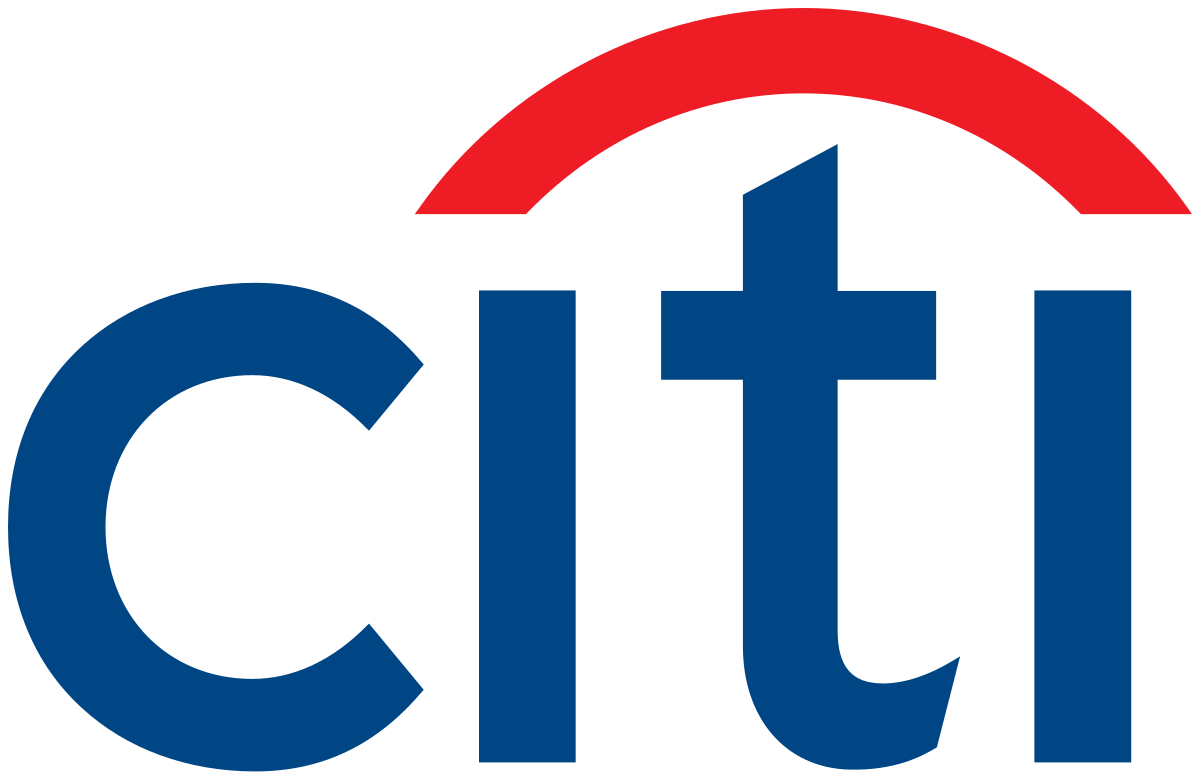Exchange-traded funds (ETFs) are becoming an increasingly important part of the wider bond market despite the Federal Reserve’s decision to sell off all its ETF holdings, according to a research note by Citi.
Last March, the US central bank purchased ETFs for the first time in its history after markets were thrown into turmoil by the rapid spread of coronavirus across the globe. The Fed’s decision acted as a stabilising force within the market with investors piling $1.3bn inflows into European-listed high yield ETFs compared with $5.1bn outflows in February and January combined.
With markets returned to normality, the Fed announced plans to sell off its entire ETF holdings in June which totalled $8.56bn assets under management (AUM).
However, in a note entitled The Fed Exits, But Their Importance Remains, Citi said the wrapper is “more than just another Fed policy tool” as it starts to play an increasingly valuable role from a risk transfer perspective.
The unwinding was largely uneventful with markets not reacting to the first signs of tapering from Fed. Instead, Citi suggested the move further solidified its argument that ETFs “are more integral to the wider ecosystem then many onlookers suspected”.
According to the Citi research, the daily dollar volume has jumped from $300m in 2011 to more than $3bn so far this year, suggesting that ETFs are being used as risk transfer adjustments and not just asset allocation.
“Essentially, the growth of ETFs as trading tools for exposure has grown alongside the wrapper’s use as an asset allocation tool,” Citi said. “Flows have trended consistently higher over the past 10 years, with the pace of adoption accelerating in 2020.
“Greater ETF trading activity, which has persisted post the Fed sell-down, furthers our argument that ETFs have become more integral to the market ecosystem.”
As part of this, ETFs are driving greater transparency in the fixed income market by helping facilitate higher turnover in the underlying bonds through the creation-redemption process. In fact, the research said the creation-redemption feature of ETFs helps facilitate portfolio trades with brokers able to offload individual bonds from balance sheets through the use of custom baskets.
“ETFs often become a source of individual securities (or tools for their removal off broker/dealer balance sheets) in a market that is still decentralised in many ways,” Citi said. “This has become even more prominent as ETFs…increasingly use custom baskets for create-redeem activity.”
As a result, Citi said institutional investors are more widely adopting ETFs as the product continues to grow beyond investment and financial adviser allocation purposes, a trend that it expects to rise further.
“The risk transfer use case is well known in our opinion but it too could have further legs as the theme of ‘execution optionality’ or exposure tool diversification perpetuates through the traditional bond investor community,” the firm concluded.



